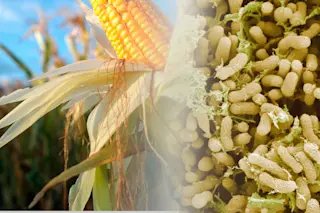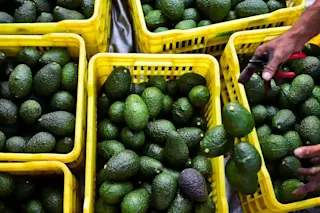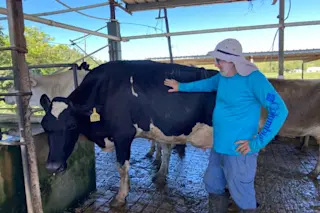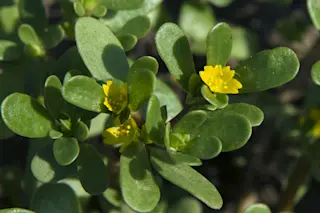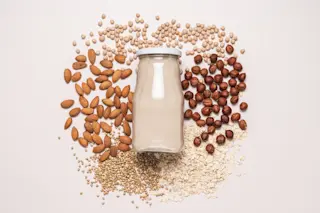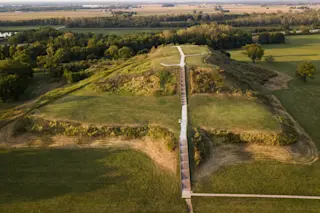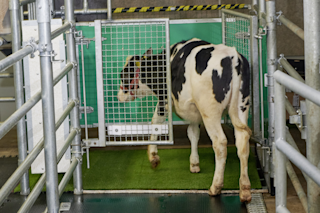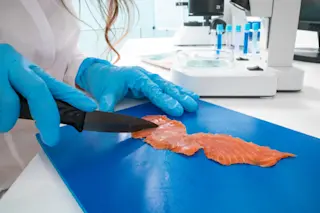In retrospect, a Wisconsin cornfield in mid-September 2018 wasn’t exactly the best place for an academic seminar. It was hot. There were horseflies. The sun cast a glare on the white poster boards, and the metallic chunk-chunk-chunking of a nearby grain elevator made it difficult at times to hear the main speaker. He was Walter Goldstein, a soft-spoken man in his mid-60s who had invited about 30 researchers and farmers to this field to make a point: Corn could thrive with little to no nitrogen fertilizer.
“We’re using too much nitrogen,” Goldstein said. “It’s polluting all of our water … It’s polluting the Mississippi. It’s just awful, and yet we need it in order to get the yields.”
Goldstein, an agronomist and the founder and executive director of the nonprofit Mandaamin Institute in Lake Geneva, Wisconsin, said he’d been breeding corn under low-fertilizer conditions for decades. He asked one of ...


